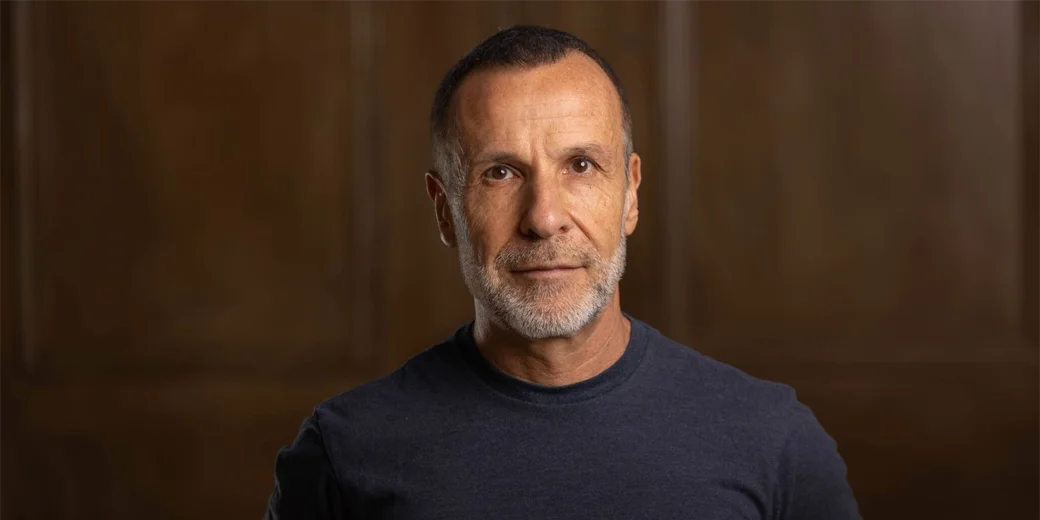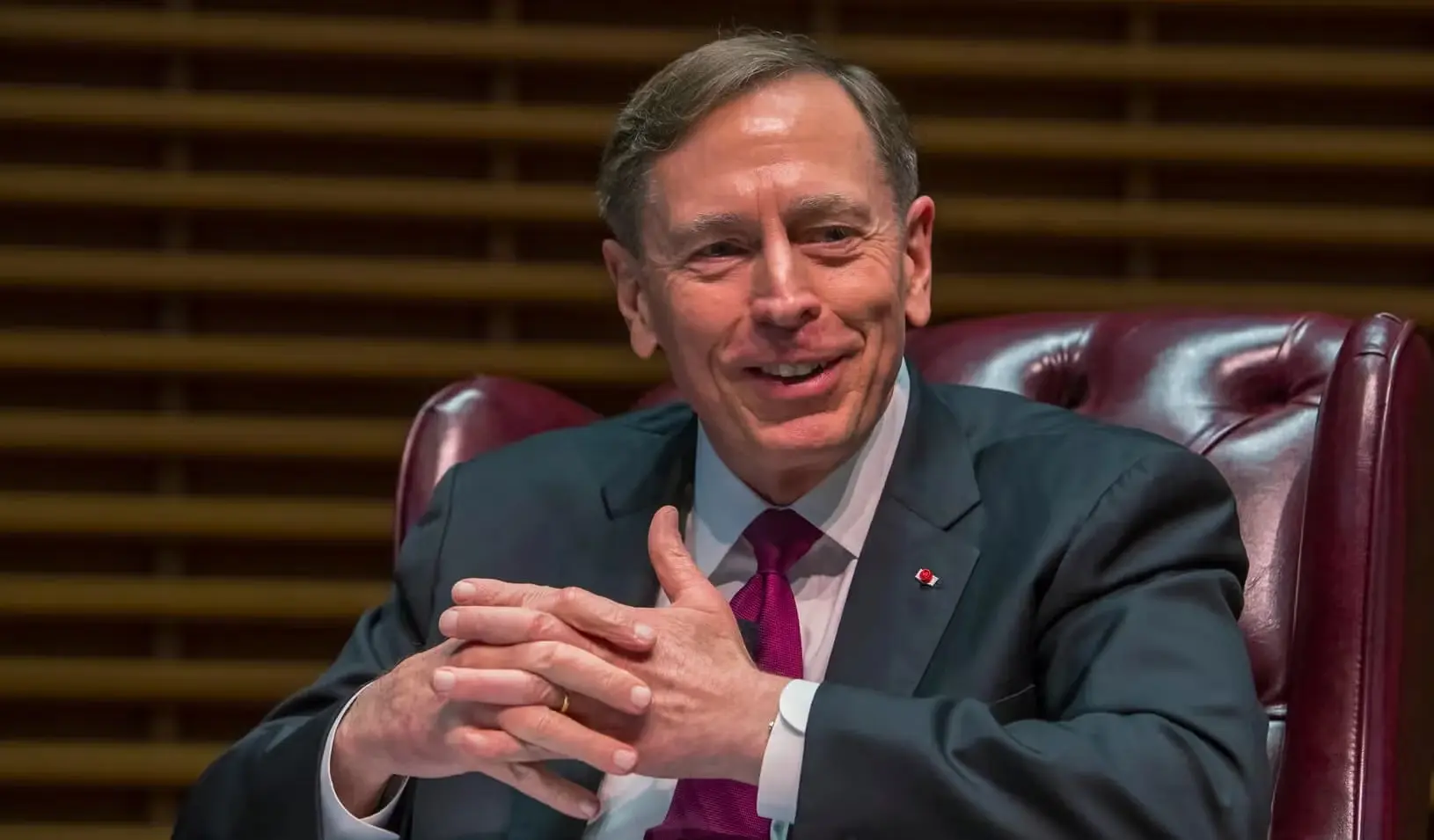*We are now accepting new clients for the 2026-27 cycle! Sign up here.
X
In this brief episode of Status Check with Spivey, Mike discusses what has grown in recent years to be the biggest myth in law school admissions today.
Mike mentions two previous Status Check episodes in this podcast:
You can listen and subscribe to Status Check with Spivey on Apple Podcasts, Spotify, Stitcher, YouTube, and Google Podcasts.
Welcome to Status Check with Spivey, where we talk about life, law school, law school admissions, a little bit of everything. Today is going to be law school admissions: the single [biggest] current—because they change over time—law school admissions myth, right? So it used to be that schools averaged the LSAT; after they stopped, it took about three or four years to debunk that myth. And the new big one—it is just, like, a perpendicular line. Five years ago, six years ago, yeah, people's natural instincts were if you apply a little earlier, it may or may not benefit you. And now there's been this seismic shift, not for everyone for the record, but it's hard to dispel the seismic shift of, “I heard a law school say,” or “I heard someone say, you better apply by September or October, and you get a bump if you do.”
Let me tell you why I think that myth sticks around. Someone rightfully asked about it on Reddit—“What evidence you have that this is untrue?” We have a lot of evidence, hence the podcast. But let me first talk about why I think this myth is hard to debunk.
Number one, a few schools do say it. I love the analogy—and I hate that I use it; many of my closest friends are in law schools—but I would never buy a car from someone and believe everything they said, or a house from an owner and believe everything they said. So yes, schools like early data, they want you to apply to the school. A few schools may very well say, “Yeah, if you apply early, you get a bump.” Doesn't really play out like that. I'm going to get into it. Most schools, incidentally, don't say that. All schools that I’ve talked to offline, not publicly, tell me, “No, we don't give people an early bump. We look for good candidates.” So that's number one.
Number two is this sort of, like, correlation/causation thing. Your friends are already going to register “applying early must be good,” and then when you see the people who applied early get admitted early, not everyone, but you're seeing the happy results—you’re more likely to post your admits than your denials—and the person that then gets admitted in September or October with a 176 and a 3.9 and a good application, is going to get admitted in December with a 176 and a 3.9 and a good application. And get the same scholarship amount of money. I'm going to guess 80%, roughly, of admits last year happened in the second part of the year, so in 2023. What does that mean this year? If it's just a slow of a cycle, and it looks like it's going to be slow, 80% of the admits are going to happen in 2024.
There's a third reason why this myth is hard to debunk. People think of “rolling admission” as “your file is read in the order it was sent into the law school and completed.” For a few schools that's true. Obviously, your application has to be complete or doesn't get read. But most schools sort by strength of completed application. And this is how you see it play out. June was a sad month on Reddit. A lot of people that say, “I applied in September, October, and I still haven't heard from my schools,” they're not going to get read—every year you see this—“I applied in September, October, and I haven't heard, and it’s May, June, July.” And then sadly, what you see in August is, you see a lot of denials go out, even after the cycle is complete. Did those people get a bump for applying in September? No, they get the harshest eight/nine months of their life, waiting for their denial.
Which leads me to the point of this podcast, the deleterious nature of this myth is, you don't want to rush your application because someone online said, “Apply in September or October.” You want to follow the advice of the vast majority of Deans of Admission. You want to follow the realization that correlation is not causation. Again, there's a lot of people that apply in September and October that haven't even posted their results. The people that were admitted in September, yeah, they didn't need to retake the LSAT, their GPA was set. They worked on their applications all summer long.
To really bring up that point—if you're ready to go, if you take in the LSAT your max times or got your score that you're super happy with, and you got your application completely polished and done, rock it! Submit it. It doesn't hurt to apply early. (I don't want to bring up the one counter cycle we saw where actually it was beneficial to apply late because admissions officers misjudged the data. That's one year out of 24 years.) So, it doesn't hurt to apply early, don't get me wrong. There's just no mythical boost. If I were a Dean of Admission and I was looking at an application, I would much rather have someone have worked as a server or customer service and developed the wherewithal—they know how to deal with angry people—that to me would be a much bigger boost than someone applying September 1. Because that person that’s applying September 1, if they don't have the work experience, or the LSAT at my median or above my median, or the GPA at my median or above my median, I’m going to hold on to their file and do nothing. And that poor applicant is going to sit around and get more and more anxious.
And let me tell you the other flip side of is. When the stakes seem important—not just for law school applicants; I’ve seen Deans of Law Schools have meltdowns over college presidencies they were looking for. Dr. Judson Brewer talked about—this world-famous author who runs one of the research clinics at Brown—wrote the book Unwinding Anxiety; I recommend it. So as you get more anxious in the admission cycle because there's more uncertainty because you haven’t heard from schools, the part of your brain that doesn't have the impulse regulation hooked to it is more likely to do things. So let's say you apply in September and you don't hear in January, February, March, and a lot of people are posting online. This is going to happen to a lot of people listening to this. You're more apt to do something like call the law school once a week and say, “Hey, can I get a status update?” They're going to give you an update when you get it. I actually saw a post on Reddit about this. The heuristic is, call the law school if it's going to add value to your application or the application process. “Hey, I have an update, I visited the campus and loved it. I always knew Princeton Law was at the top of my list, but now it's number one.” That's a value-added phone call or email. But, “Hey, can you give me an update on my status?” They're going to give it to you when you do, and you're more likely to make those sort of spirals of anxiety if you've been waiting a long time.
So let me talk about the evidence. This is like what, year 24/25 for me? Rolling admissions 25 years ago was much more rolling based on date stamps. So I wouldn't have been doing this podcast 25 years ago. Now, rolling admissions is much more based on strength of application. So if you look at the data—and you can look at law school data, self-reported; we have tons of internal data that we just mined as a firm, and it's really fascinating to look at some of the stuff. It's our intellectual property, and we may put some of these things out there, like all the softs that go into it, what schools like “why” in the personal statement, more than others, all kinds of things. So when you look at the data, and you can control for the fact that the LSAT scores and the GPAs early submission tend to be a little higher, or you take out that pool and you look at the people with the lower scores who apply in September or in October, there's no bump. I'm not talking about early decision where you're bound; I'm talking about applying as early as you can as an arbitrary race. Don't do it. If you can take the LSAT again or make your application better, just like Dean Z said on one of my recent podcasts with her, just so many of my friends in admissions—Dean Z said January, but I'll say any time before November is super early. November to January, you’re still in the thick of well-timed applications. Most admits are going to be made in January onward. I would say, not even for admit purposes but for scholarship purposes, you kind of want to ideally have your application in sometime in January. So that gives you a timeline. This is Mike Spivey of the Spivey Consulting Group.


In this episode of Status Check with Spivey, Dr. Guy Winch returns to the podcast for a conversation about his new book, Mind Over Grind: How to Break Free When Work Hijacks Your Life. They discuss burnout (especially for those in school or their early career), how society glorifies overworking even when it doesn’t lead to better outcomes (5:53), the difference between rumination and valuable self-analysis (11:02), the question Dr. Winch asks patients who are struggling with work-life balance that you can ask yourself (17:58), how to reduce the stress of the waiting process in admissions and the job search (24:36), and more.
Dr. Winch is a prominent psychologist, speaker, and author whose TED Talks on emotional well-being have over 35 million combined views. He has a podcast with co-host Lori Gottlieb, Dear Therapists. Dr. Winch’s new book, Mind Over Grind: How to Break Free When Work Hijacks Your Life, is out today!
Our last episode with Dr. Winch, “Dr. Guy Winch on Handling Rejection (& Waiting) in Admissions,” is here.
You can listen and subscribe to Status Check with Spivey on Apple Podcasts, Spotify, and YouTube. You can read a full transcript of this episode with timestamps below.


In this episode of Status Check with Spivey, Mike interviews General David Petraeus, former director of the Central Intelligence Agency and Four-Star General in the United States Army. He is currently a Partner at KKR, Chairman of the KKR Global Institute, and Chairman of KKR Middle East. Prior to joining KKR, General Petraeus served for over 37 years in the U.S. military, culminating in command of U.S. Central Command and command of coalition forces in Afghanistan. Following retirement from the military and after Senate confirmation by a vote of 94-0, he served as Director of the CIA during a period of significant achievements in the global war on terror. General Petraeus graduated with distinction from the U.S. Military Academy and also earned a Ph.D. in international relations and economics from Princeton University.
General Petraeus is currently the Kissinger Fellow at Yale University’s Jackson School. Over the past 20 years, General Petraeus was named one of America’s 25 Best Leaders by U.S. News and World Report, a runner-up for Time magazine’s Person of the Year, the Daily Telegraph Man of the Year, twice a Time 100 selectee, Princeton University’s Madison Medalist, and one of Foreign Policy magazine’s top 100 public intellectuals in three different years. He has also been decorated by 14 foreign countries, and he is believed to be the only person who, while in uniform, threw out the first pitch of a World Series game and did the coin toss for a Super Bowl.
Our discussion centers on leadership at the highest level, early-career leadership, and how to get ahead and succeed in your career. General Petraeus developed four task constructs of leadership based on his vast experience at the highest levels, which can be viewed at Harvard's Belfer Center here. He also references several books on both history and leadership, including:
We talk about how to stand out early in your career in multiple ways, including letters of recommendation and school choice. We end on what truly matters, finding purpose in what you do.
General Petraeus gave us over an hour of his time in his incredibly busy schedule and shared leadership experiences that are truly unique. I hope all of our listeners, so many of whom will become leaders in their careers, have a chance to listen.
-Mike Spivey
You can listen and subscribe to Status Check with Spivey on Apple Podcasts, Spotify, and YouTube. You can read a full transcript with timestamps below.


In this episode of Status Check with Spivey, Anna has an in-depth discussion on law school admissions interviews with two Spivey consultants—Sam Parker, who joined Spivey this past fall from her position as Associate Director of Admissions at Harvard Law School, where she personally interviewed over a thousand applicants; and Paula Gluzman, who, in addition to her experience as Assistant Director of Admissions & Financial Aid at both UCLA Law and the University of Washington Law, has assisted hundreds of law school applicants and students in preparing for interviews as a consultant and law school career services professional. You can learn more about Sam here and Paula here.
Paula, Sam, and Anna talk about how important interviews are in the admissions process (9:45), different types of law school interviews (14:15), advice for group interviews (17:05), what qualities applicants should be trying to showcase in interviews (20:01), categories of interview questions and examples of real law school admissions interview questions (26:01), the trickiest law school admissions interview questions (33:41), a formula for answering questions about failures and mistakes (38:14), a step-by-step process for how to prepare for interviews (46:07), common interview mistakes (55:42), advice for attire and presentation (especially for remote interviews) (1:02:20), good and bad questions to ask at the end of an interview (1:06:16), the funniest things we’ve seen applicants do in interviews (1:10:15), what percentage of applicants we’ve found typically do well in interviews (1:10:45), and more.
Links to Status Check episodes mentioned:
You can listen and subscribe to Status Check with Spivey on Apple Podcasts, Spotify, and YouTube. You can read a full transcript of this episode with timestamps below.